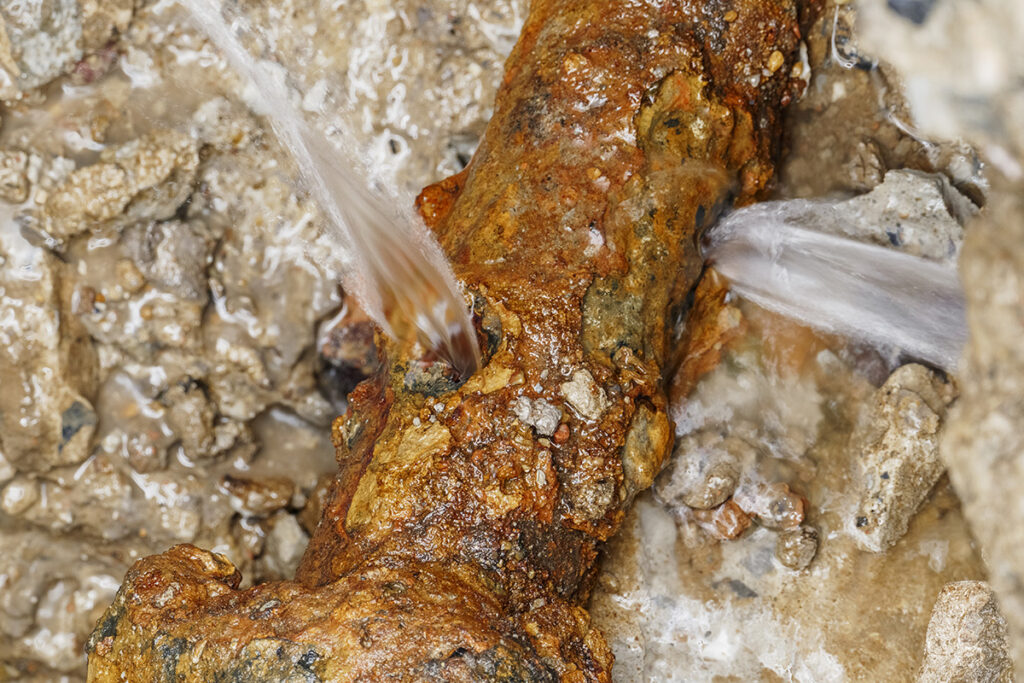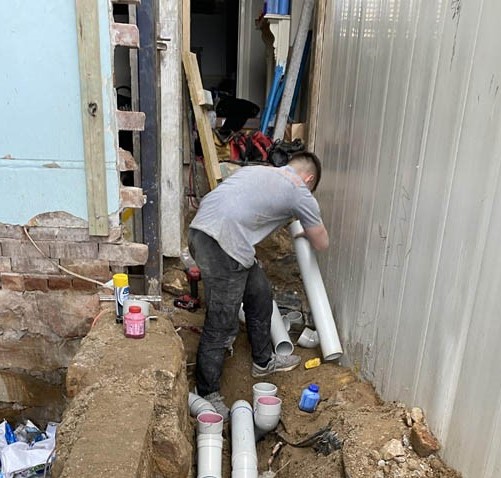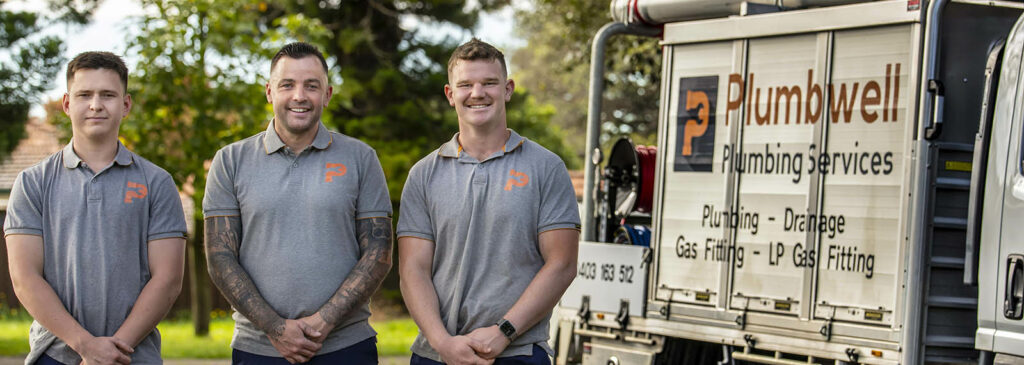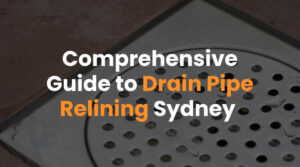5 DIY Clean Drain, Sink, and Pipe Unblocking Methods
Maintaining a well-functioning drain is crucial to keep your home in good condition. In case of clogged drains, there are effective and affordable DIY methods that you can try at home before seeking professional help. Let’s delve into five DIY methods for unblocking drains, sinks, and pipes, which can help to restore the smooth flow and cleanliness of your drains.
Pour boiling water down the sink or tub with enough water
If you’re dealing with a clogged drain, don’t waste your money on expensive treatments. Boiling water can do the trick! The heat will melt away any buildup of grease, soap scum, or other debris. Just boil a pot of water and cautiously pour it down the sink, making sure to control the flow. If the blockage persists, you can repeat the process until it clears.
Using a plunger for sink and drain unclogging
The plunger is a multipurpose tool for removing blockages in sinks, toilets, and drains. To use it effectively, ensure that the rubber part of the plunger is submerged in enough water. Then, position it tightly over the drain and commence a quick back-and-forth motion. This action creates suction which dislodges the clog and restores proper drainage. Repeat the process if necessary.
Use a drain snake
A drain snake, commonly referred to as a plumber’s snake or auger, is a flexible tool designed to reach and clear obstructions within drains. To use, simply insert the snake into the drain and rotate it while pushing it further in, enabling it to break up the clog or snag and thus allowing for easy removal. When purchasing a drain snake, consider the length and size needed for your specific task. Always adhere to the manufacturer’s instructions to guarantee safe and efficient use.
Chemical drain cleaners
Chemical drain cleaners are an efficient choice when it comes to unclogging drains. They contain potent chemicals that can break down hair, grease, and other organic material. However, it is crucial to follow the manufacturer’s instructions, ensuring adequate ventilation and taking necessary safety measures, such as wearing gloves and eye protection. Bear in mind that these cleaners can damage pipes, so ensure you use them sparingly.
Natural drain unclogging solutions
Discover eco-friendly methods for unclogging drains by harnessing the power of nature. By combining baking soda and vinegar, you can break down organic blockages without the use of harmful chemicals. Simply pour half a cup of baking soda followed by half a cup of vinegar down the drain, allowing the mixture to foam and work its way through the pipes for approximately 30 minutes. Finish by flushing water down the drain with hot water to clear away debris and enjoy a naturally fresh and clean system.

Identifying the Cause of the Blockage
To effectively unclog a drain, identifying the root cause of the blockage is crucial. This approach will lead to more lasting results. Check out some of the most common causes of drain blockages:
Fat and grease build-up
Blocked drains can often be traced back to an excessive build-up of fat and grease. This commonly occurs when cooking oils and grease fill the sinks, causing them to solidify inside the pipes and restrict water flow. To remedy this issue, follow these ways to clean your drains.
- Boil a pot of water.
- Pour a cup of white vinegar down the drain.
- After a few minutes, flush the drain with the boiling water or use pressurized water.
- Repeat if necessary.
Hair and soap scum
Blocked drains are often caused by a buildup of hair and soap scum, which creates a hard-to-remove obstruction and source of harmful bacteria and mold. To tackle this issue, you can use the following steps to effectively clear your bathroom drains and pull out hair.
To clear clogged drains, first remove the drain stopper and get rid of any visible hair or debris. Next, use baking soda to clean drains by mixing and pouring it. Fill the sink or tub. Allow the mixture to sit for a period, giving it time to break down the residue. Finally, flush the drain line with hot water and clogs near the drain opening to rinse away the loosened debris. With these steps, your drain will be clog-free and functioning smoothly.
Foreign objects and debris
Foreign objects and debris can clog drains, leading to water flow problems. Jewelry, toys, and sanitary products are common items that can cause blockages. Want to learn how to effectively clean drains affected by foreign objects and debris? Keep reading.
- Use a flashlight to inspect the drain and identify any visible obstructions.
- If you can reach the object easily, carefully remove it with your hands or tweezers.
- For deeper blockages, try using a plunger or a cleaning tool to dislodge the debris.
- If the obstruction persists, consider contacting a professional plumber.
Tree roots and plant growth
Tree roots infiltrating underground pipes can cause blockages. The roots grow towards the moisture and nutrients within the pipes, leading to obstructions. Professional plumbers equipped with specialized tools are required to remove the roots and repair the damaged pipes. Don’t let tree roots undermine your plumbing system – let the experts handle it.

Preventing Future Blockages
Ensure the continued cleanliness of your drains and avoid future clogs with these professional recommendations:
Installing drain covers and strainers
Prevent drain clogs by installing drain covers and strainers. These handy devices act as filters, letting water flow freely and catching debris, hair, and other materials. Ensure optimal protection by choosing covers and strainers that fit securely over your drain openings. Keep your drains clear and flowing with this simple solution.
Regular drain inspections and maintenance
Regular drain inspections and maintenance are essential to catching and resolving potential problems before they turn into major blockages. Schedule periodic professional drain inspections to detect any signs of buildup, damage, or potential blockages, and perform routine maintenance tasks like flushing your drains with gallons of boiling water and using natural cleaning solutions to keep them clean, safe and environmentally friendly. Don’t wait until it’s too late – take proactive steps to prevent drain issues.
Proper disposal of waste and debris
Correct waste disposal is crucial in preventing drain blockages. Do not flush non-biodegradable items like paper towels, wipes, and feminine hygiene products down the toilet. Instead, dispose of cooking grease, oil, and food scraps in the trash rather than pouring them down the sink. Implementing these measures will ensure an unobstructed flow of water through your drains.
Flushing your drains with hot water
Regularly flushing your sink drains with hot water is a simple yet effective way to prevent minor buildup and ensure your drains remain clear. Running the warm water for a few minutes can help dissolve and flush away harmful substances like grease and soap residue. To intensify the cleaning process, consider to run hot water flushing with periodic treatments. Keep your drains in your home running smoothly and avoid blockages with this routine maintenance task.

When to Call a Professional Plumber
When it comes to stubborn drain clogs or persistent plumbing problems, sometimes it’s best to leave it to the professionals. While there are DIY methods that can resolve minor clogs, more complex situations may require the expertise of a licensed plumber. Here are some indicators that it’s time to seek out professional help:
Signs of a serious plumbing issue
- Persistent clogs: Persistent drain clogs could indicate a serious plumbing problem that requires expert attention. Our professional plumbers can accurately diagnose the issue and provide a long-term solution. Don’t let clogged drains disrupt your daily routine any longer. Trust us to restore proper function to your plumbing system.
- Slow draining: Unclogging drains is a common household task. However, if your drains are draining slowly and it’s happening across your home, it might mean the main sewer line is partially clogged. A professional plumber can inspect and deal with the issue without delay.
- Foul odours: Don’t ignore foul odors coming from your drains. They could be a warning sign of a sewer line issue, which can expose you to harmful sewer gas. Call a plumber as soon as possible to fix the problem.
- Flooding or Water Damage: Prompt action is necessary if you observe water accumulation around your drainage systems, flooding in your basement, or water damage in your home. The situation could be a result of a ruptured pipe, blocked sewer line, or other severe plumbing mishaps. Reach out to a licensed plumber right away to address these concerns.
Benefits of hiring a professional plumber
- Expertise and Experience: Trained and skilled plumbers possess a wealth of knowledge and expertise in handling a wide range of plumbing problems. They possess the proficiency to promptly pinpoint issues, deliver precise solutions, and ensure the task is completed effectively on the initial attempt.
- Advanced Tools and Techniques: Skilled plumbers are equipped with specialized tools and advanced methods, enabling them to handle the most complex drain cleaning jobs with ease. They have the proficiency to eliminate persistent blockages and reinstate optimal flow.
- Long Term Solutions: Investing in a professional plumber delivers enduring outcomes. They tackle underlying issues, and apply remedies that avert future problems, safeguarding your time and finances in the long term.
- Safety and Peace of Mind: When it comes to plumbing, safety should always be a top priority. Sewer lines and complicated plumbing systems can pose serious hazards if not handled with care. Entrusting a professional plumber with the job ensures your safety and provides peace of mind. These experts are extensively trained to handle even the most challenging situations safely and efficiently.
Frequently Asked Questions
How often should I clean my drains, sinks, and pipes?
Keeping your drains, sinks or tub clean and free from clogs is essential. Regular maintenance is recommended at least once per month to avoid buildup, damage your pipes, and potential blockages. Taking a proactive approach to drain cleaning can save you money in costly plumbing repairs down the line.
Are chemical drain cleaners safe for pipes?
Chemical cleaners are effective to remove the clog drains but can harm pipes due to their corrosive nature, especially older or delicate pipes. It is recommended to use chemical drain as a last resort, using natural methods such as baking soda and vinegar or check if it’s time to call a professional plumber for a safer alternative.
What can I do to prevent future clogs?
Ensuring the proper maintenance of your drains is imperative if you want to avoid pesky clogs and maintain their functionality. To help you keep your drains pristine, we’ve put together some valuable tips.
- To prevent clogging, employ drain screens or strainers to trap hair, particles of food, and other litter before they fall into the drain.
- Prevent blockages in your sink by refraining from disposing grease, oil and coffee grounds down the drain. These substances can transform into solid form and obstruct the piping system.
- To prevent the accumulation of soap scum and other residues, it’s recommended to periodically pour the boiling water to flush your drains. Keep your plumbing system flowing smoothly with this simple maintenance tip.
- When operating the garbage disposal, turn on the cold water in your kitchen sink to swiftly carry away any food remnants.
- Opt for enzymatic drain cleaners. These products work by harnessing the power of helpful bacteria and enzymes to break down organic clogs in your plumbing system.
By following these preventative measures, you can minimize the risk of clogs and keep your drains running smoothly.








